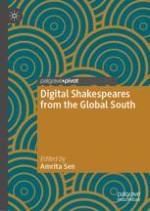2022 | Book
Disciplines
DE
EN
